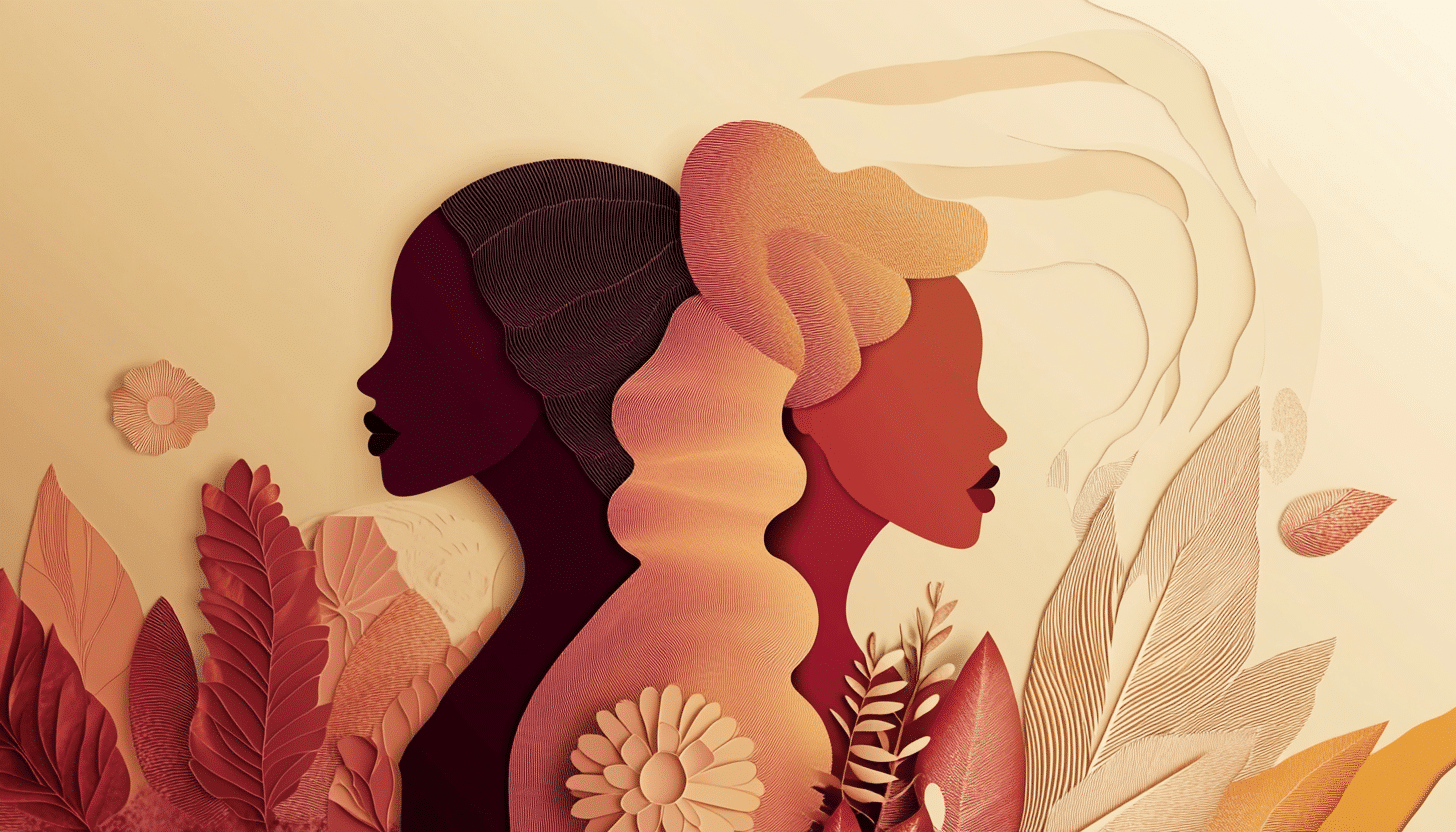What is International Afro-descendant Women’s Day?
International Afro-descendant Women’s Day is held every year on July 25 and is observed worldwide. This day honors the leadership, resilience, and cultural contributions of Afro-descendant women across Latin America, the Caribbean, and the African diaspora. It brings attention to the unique challenges they face, including racism, sexism, and systemic exclusion. The day also celebrates their achievements and strengthens their visibility in public, cultural, and political life. It provides a space for community, remembrance, and action.
The red shoe became a symbol of other health-related remembrance days, but International Afro-descendant Women’s Day uses symbols rooted in African heritage. This day was created not only to honor individual women, but also to address the collective struggles faced by entire communities. Through local events, art, policy discussions, and education, the day promotes equality and justice. It is a time to recognize both historical injustice and present-day resilience. International Afro-descendant Women’s Day is about presence, dignity, and ongoing strength.
History and Origin
This day was officially established in 1992, during the First Meeting of Afro-Latin American and Afro-Caribbean Women in Santo Domingo, Dominican Republic. Over 400 women from 32 countries came together to share experiences and create strategies to improve their lives and communities. That meeting marked a turning point, providing an international platform for Afro-descendant women to organize across borders. The date, July 25, was chosen to remember that event and the commitment it inspired. Since then, it has become a symbol of unity and shared purpose.
The creation of this day recognized a major gap in visibility. While women’s movements gained ground, Afro-descendant women were often sidelined in broader discussions. Their realities required separate recognition, with intersectional attention to both race and gender. This day became a space to affirm their role in the fight for justice and to push for policies that reflect their needs. It highlights the specific strength that comes from being both Black and female in a system not designed to support either.
Over the years, International Afro-descendant Women’s Day has gained more global recognition. Cultural institutions, human rights organizations, and governments now join in marking the day. Events often include exhibitions, music, storytelling, and workshops on economic justice, education, and healthcare. These activities create opportunities to uplift voices that are often overlooked. The observance is both celebratory and political, blending heritage with advocacy.
Who Participates in International Afro-descendant Women’s Day?
- Community leaders: Organize local gatherings, speak at events, and support grassroots mobilization.
- Educational institutions: Host discussions, exhibitions, or lectures on Afro-descendant women’s history and contributions.
- Non-governmental organizations: Promote awareness and fight for legal protections, healthcare, and economic inclusion.
- Artists and cultural groups: Share music, stories, and visual art that celebrate Afro-descendant identity.
- Government agencies: Acknowledge the day through policy discussions, official statements, and public recognition.
Colors, Symbols and Patterns
Colors:
- Red: Symbolizes strength, courage, and the ongoing fight for justice.
- Black: Represents African heritage, identity, and unity.
- Gold: Reflects wisdom, richness, and the value of cultural traditions.
Symbols:
- Raised fist: Stands for resistance, unity, and power.
- African continent: Represents ancestral roots and shared heritage.
- Interlocking circles: Symbolize unity, collective support, and global connection.
Patterns:
- Kente cloth designs: Represent pride in ancestry and cultural celebration.
- Adinkra symbols: Communicate traditional values like strength, wisdom, and leadership.
- Geometric motifs: Express diversity and complexity within Afro-descendant communities.
Most Used Hashtags
- #AfroDescendantWomensDay
- #July25
- #BlackWomenEmpowerment
- #AfroLatinaVoices
- #DiasporaWomenUnite
How to Celebrate International Afro-descendant Women’s Day
- Attend community events: Join discussions, workshops, or performances held by local organizations.
- Educate yourself and others: Read books or watch documentaries about Afro-descendant women’s history.
- Support Black-owned businesses: Help strengthen local economies by buying from Afro-descendant entrepreneurs.
- Share stories online: Use social media to post tributes, quotes, or highlights using the official hashtags.
- Advocate for equity: Push for policies that support education, health, and safety for Afro-descendant women.
Why is International Afro-descendant Women’s Day Important?
This day gives visibility to a group too often excluded from mainstream narratives. Afro-descendant women face layered discrimination, and their challenges are rarely addressed directly in policy or public debate. By dedicating a day to their voices, the world acknowledges their importance, resilience, and impact. It’s a space for mourning injustice but also for celebrating resistance and survival. Their stories and solutions matter—and deserve to be heard every day, not just once a year.
It also fosters community and shared strength. Through art, dialogue, and memory, this day connects people who might otherwise feel isolated. The celebration encourages ongoing work, from political advocacy to local mentoring programs. It is a call to learn, support, and take action for long-term change. International Afro-descendant Women’s Day reminds us that equality begins by truly seeing one another.
Features
- Peace and Human Rights
- Women
July 25: Afro-descendant Women’ s Day
Why do you keep falling for the same type?
Read the article Lovemaps: the hidden blueprint of our love.

